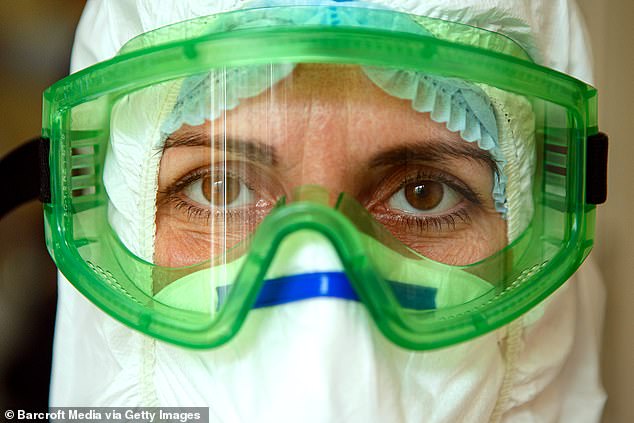A mutated coronavirus strain spreading in Britain is on average 56 percent more contagious than the original version, scientists have warned in a study, urging a fast vaccine rollout to help prevent more deaths.
The new variant, which emerged in southeast England in November and is spreading fast, is likely to boost hospitalisations and deaths from COVID next year, according to the study published Wednesday by the Centre for Mathematical Modelling of Infectious Diseases at the London School of Hygiene and Tropical Medicine.
Researchers, focusing on the English south east, east and London, said it was still uncertain whether the mutated strain was more or less deadly than its predecessor.
“Nevertheless, the increase in transmissibility is likely to lead to a large increase in incidence, with COVID-19 hospitalisations and deaths projected to reach higher levels in 2021 than were observed in 2020, even if regional tiered restrictions implemented before 19 December are maintained,” they said.
The authors warned that a national lockdown imposed in England in November was unlikely to prevent an increase of infections “unless primary schools, secondary schools, and universities are also closed”.
Any easing of control measures, meanwhile, would likely prompt “a large resurgence of the virus”.
This meant that “it may be necessary to greatly accelerate vaccine roll-out to have an appreciable impact in suppressing the resulting disease burden”.
In announcing more stringent lockdown measures over the Christmas holiday, British Prime Minister Boris Johnson said on Saturday the new viral strain “may be up to 70 percent more transmissible than the original version of the disease”.
The discovery of the new strain set off alarm bells worldwide just as more countries began vaccination campaigns to halt a pandemic that has claimed more than 1.7 million lives since it emerged a year ago in China.
Many countries quickly imposed bans on travel from Britain, but EU governments have since begun to relax the restrictions.
The co-founder of BioNTech—one of the firms behind the vaccine that is being rolled out worldwide this week—has said its drug is “highly likely” to work against the mutated strain detected in Britain and otherwise can be adapted in six weeks.


